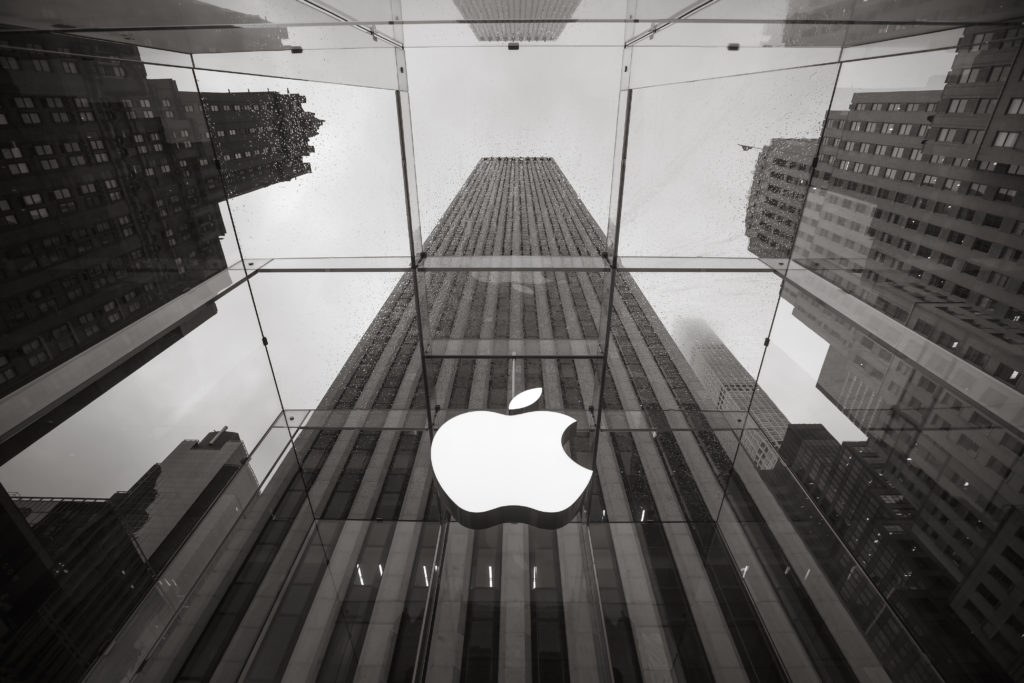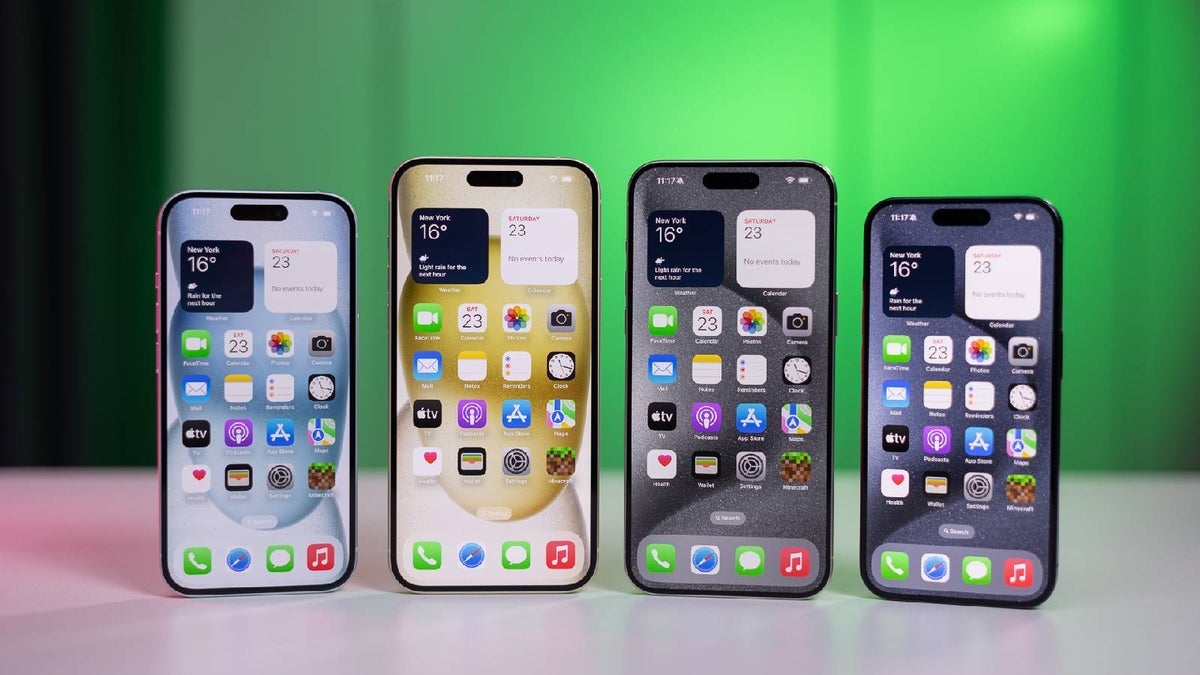Highlights
- Congo accuses Apple of using illegally extracted minerals.
- Apple denies direct financial connections to armed groups.
- Allegations include serious human rights abuses in mineral sourcing.
- Recent US court ruling dismissed related child labor claims against tech companies.
The government of the Democratic Republic of Congo has officially accused Apple Inc. of using minerals that have been illegally extracted from the conflict-ridden eastern regions of the nation in the production of its devices.
These legal representatives of the African country alleged that Apple uses minerals smuggled out of the DRC and into neighboring Rwanda, where they are legitimized, and then included in the international supply chain.
Apple responded

Responding to an AFP request for a reaction, Apple France said it will carefully study the formal notice of termination of the prelitigation before reacting comprehensively.
Instead, the company said that based on its best efforts of due diligence, it had not found reasonable grounds to conclude that any of its smelters or refiners of tin, tantalum, tungsten, and gold directly or indirectly financed or benefited armed groups operating in the DRC or adjoining countries in any manner as of December 31, 2023.
The Great Lakes region holds great deposits of mineral resources, hence the high levels of violence in this region.
The regional tension that started getting out of control in the 1990s and erupted anew late in 2021, when the M23 rebel movement launched a fresh assault to recapture major territory.
The DRC, the United Nations, and Western nations have repeatedly accused Rwanda of backing the rebels, including the M23, in order to keep a grip on the region’s huge mineral wealth.
Human Rights Violation Accusation

Apple’s court representation has stated that the technology provided by Apple has actually commercialized minerals that come from an area in which grave human rights abuses, including sexual violence, armed attacks, and widespread corruption at mining sites, have left the local population decimated.
They said that those products—Macs, iPhones, and more—contained the “blood of the Congolese people.”
In another related development, a US federal appeals court recently threw out a lawsuit by Apple, Google, Tesla, and other technological behemoths on grounds of child labor in cobalt mining in DRC.
Even though it awarded them legal standing, the DC Circuit Court of Appeals ruled unanimously that the plaintiffs failed to meet the legal threshold necessary to sustain their claims against the companies.

With the rapid change going towards clean energy around the world, there is a growing, pulsating demand for lithium ion batteries to power smart phones, laptops, and electric vehicles.
The DRC supplies over 70 percent of the world’s cobalt, a critical component in these batteries.
Yet up to 30 percent of the country’s cobalt is sourced from according to some estimates, these are “artisanal mines,” where thousands of freelance miners work in conditions described as “subhuman” and “degrading,” being paid only a few dollars a day.
FAQs
What are the accusations against Apple regarding minerals?
The Democratic Republic of Congo has accused Apple of using minerals in their devices that are illegally mined and smuggled from conflict areas within the country, contributing to regional violence.
How has Apple responded to these allegations?
Apple stated that its due diligence efforts up to December 31, 2023, have not shown any direct or indirect financial benefits to armed groups from the minerals used in their products.
What are the implications of using conflict minerals?
Conflict minerals, such as cobalt and tungsten, are often sourced in ways that fuel violence, violate human rights, and exploit workers, including children, in mining regions like the DRC.
What is the significance of the minerals mentioned in the allegations?
The minerals in question—tin, tantalum, tungsten, and gold—are crucial for manufacturing consumer electronics like smartphones and laptops, making ethical sourcing vital for companies like Apple.
What legal actions have been taken regarding these issues?
A US federal appeals court recently dismissed a lawsuit alleging child labor practices in cobalt mining used for products by Apple and other tech firms, citing insufficient legal grounds to proceed with the claims.
Also Read: iPhone 16 to Get a Major RAM and Storage Upgrade for AI Capabilities
Also Read: iPhone 16 Pro Series Rumoured to Feature Unique Electric Razor Style Camera Island
Also Read: iPhone 16 Leak Reveals New Design and Colour Options Ahead of Launch
